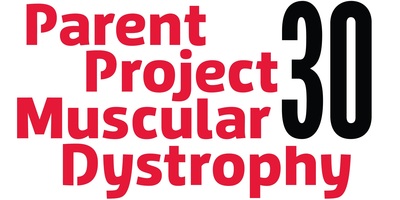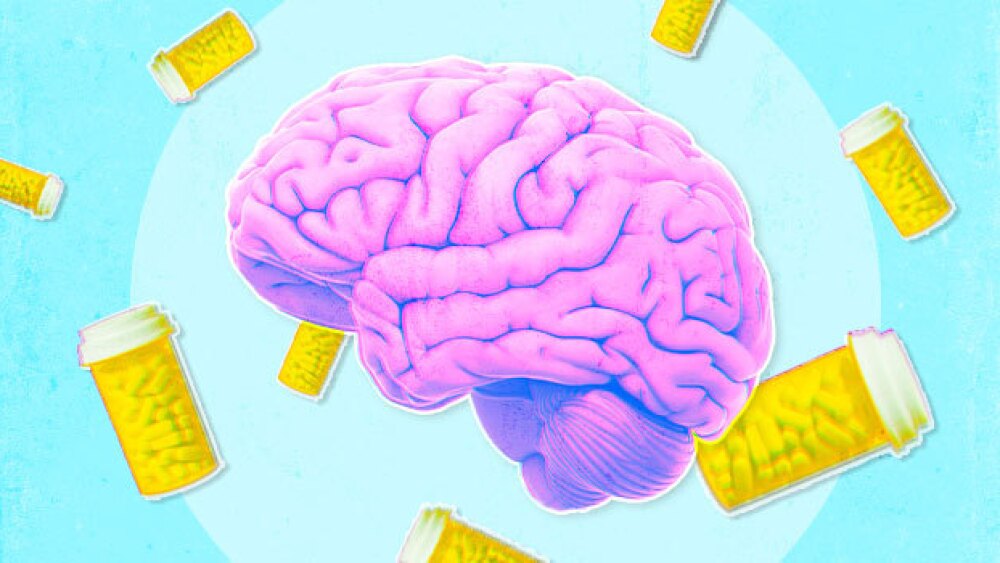Funding Part of Leading Duchenne Organization’s Cardiac Initiative
Funding Part of Leading Duchenne Organization’s Cardiac Initiative
HACKENSACK, N.J., Jan. 24, 2019 /PRNewswire/ -- Parent Project Muscular Dystrophy (PPMD), a nonprofit organization leading the fight to end Duchenne muscular dystrophy (Duchenne), awarded the University of Missouri School of Medicine a grant for $105,000 to continue development of a minimized dystrophin gene aimed at protecting cardiac function in people with Duchenne. The project is led by Dongsheng Duan, PhD, Margaret Proctor Mulligan Professor in Medical Research at the MU School of Medicine. Part of the organization's Cardiac Initiative, funding for this grant was a result of PPMD's recent holiday campaign emphasizing the importance of cardiac research and heart health in Duchenne. Funding for additional cardiac research resulting from this campaign will be announced later in the year.

Duchenne is the most common fatal genetic disorder diagnosed in childhood, affecting approximately one in 5,000 live male births. Duchenne is caused by a change in the dystrophin gene. For people with Duchenne, cardiac disease is an area of great concern. The absence of dystrophin in the heart contributes to a progressive deterioration of cardiac muscle and eventual cardiomyopathy.
Abby Bronson, PPMD's Senior Vice President of Research Strategy, explains why funding research like Dr. Duan's study is so critical at this juncture: "Currently, three trials aimed at replacing dystrophin through gene therapy are underway. These treatments use adeno-associated virus (AAV) to deliver an abbreviated version of the DMD gene, so-called mini- or micro-dystrophin gene, to muscle cells to produce a partial dystrophin protein. Due to the size constraints of AAV, it is not currently feasible to transfer the entire DMD gene sequence. Ultimately, the function of the new dystrophin protein is influenced by the regions of the DMD gene that are included in the minimized gene."
While these treatments hold great promise for improving skeletal muscle, Bronson explains that their impact may not be as robust in the heart: "Refining the selection of which DMD gene sequences are included in the mini-dystrophin gene may allow for improved cardiac function."
This research project will investigate two different regions of the DMD gene to improve cardiac function. In patients with some expression of dystrophin, the absence of a particular region of the DMD gene was associated with higher incidence of cardiac disease. Presumably this region is important for protecting cardiac function. This region, termed the heart domain, will be incorporated into a modified mini-dystrophin gene.
Another region, known as the CT domain, was recently associated with milder cardiac disease. The CT domain was not included in the mini- or micro-dystrophin genes in current clinical trials as it had no contribution to skeletal muscle. This CT domain will be combined with a mini-dystrophin gene and evaluated for its ability to protect cardiac function in a pre-clinical model. Exploring both of these regions, the heart domain and the CT domain, will provide insight into how mini- and micro-dystrophins can be constructed to best protect the heart.
These modifications to mini-dystrophin present the next step forward in treating Duchenne cardiomyopathy. While the focus of this research is on improving cardiac function through modified mini-dystrophin genes, skeletal muscle function will be evaluated. The hope is not to protect the heart at the expense of skeletal muscle, but to generate mini-dystrophin genes that can fulfill both roles.
Dr. Duan and his team appreciate the continued support of PPMD: "We are very grateful to PPMD for supporting this important research. Heart disease is a major health threat to Duchenne patients. An ideal therapy for Duchenne should treat both skeletal muscle and the heart. The current versions of the minimized dystrophin gene are designed based on the knowledge of dystrophin structure-function relationship in skeletal muscle. The heart is the only muscle in the body that has to contract continuously to pump blood. Recent studies suggest that dystrophin may contain unique domains that can help the heart better cope with the stress generated during contraction. In this study, we will dissect the role(s) these domains play in the heart, and more importantly, we will develop next-generation micro-dystrophin genes to more effectively protect the heart."
PPMD has a history of supporting gene therapy, so funding work that addresses the effect of gene therapy on the heart was the logical next step. Says Bronson, "Since 2016, when PPMD launched our expansive Gene Therapy Initiative, we have believed in the potential of this technology. Gene therapy is exciting because it is not biased against any mutation – the vast majority of people with Duchenne could benefit from gene therapy treatment. PPMD has also heavily invested in the pursuit of optimal care, interventions, and research pertaining to the management and prevention of cardiomyopathy. Improving the cardiac protection of gene therapy treatment is especially important as cardiac manifestations become a major concern as those with Duchenne age and the disease progresses."
PPMD is grateful to the Duchenne community for supporting the expansion of the Cardiac Initiative, so that critical projects like Dr. Duan's exploration of mini-dystrophin gene therapy in the heart can continue. We are especially grateful to John Owens Adventure, Inc., a nonprofit that funds awareness for chronic childhood illnesses, including Duchenne, for their generous contribution toward this project.
To learn more about PPMD's Cardiac Initiative, click here.
About Parent Project Muscular Dystrophy
Duchenne is a fatal genetic disorder that slowly robs people of their muscle strength. Parent Project Muscular Dystrophy (PPMD) is the largest most comprehensive nonprofit organization in the United States focused on finding a cure for Duchenne muscular dystrophy—our mission is to end Duchenne.
We invest deeply in treatments for this generation of people affected by Duchenne and in research that will benefit future generations. We advocate in Washington, DC, and have secured hundreds of millions of dollars in funding. We demand optimal care, and we strengthen, unite and educate the global Duchenne community.
Everything we do—and everything we have done since our founding in 1994—helps people with Duchenne live longer, stronger lives. We will not rest until every person has a treatment to end Duchenne. Go to www.ParentProjectMD.org for more information or to learn how you can support our efforts and help families affected by Duchenne. Follow PPMD on Facebook, Twitter, and YouTube.
![]() View original content to download multimedia:http://www.prnewswire.com/news-releases/parent-project-muscular-dystrophy-awards-105-000-grant-to-university-of-missouri-to-explore-a-mini-dystrophin-gene-aimed-at-protecting-cardiac-function-300783587.html
View original content to download multimedia:http://www.prnewswire.com/news-releases/parent-project-muscular-dystrophy-awards-105-000-grant-to-university-of-missouri-to-explore-a-mini-dystrophin-gene-aimed-at-protecting-cardiac-function-300783587.html
SOURCE Parent Project Muscular Dystrophy




